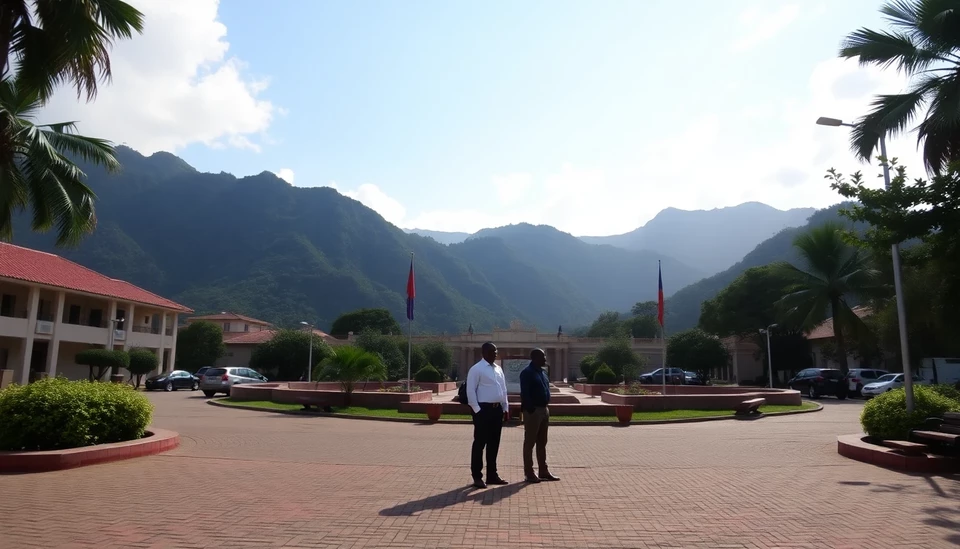
In a significant development for Tanzania's economic landscape, the International Monetary Fund (IMF) has formalized an agreement with the East African nation that will unlock $266 million in funding. This financial support is crucial for Tanzania as the nation seeks to bolster its fiscal health and navigate the challenges posed by both global economic fluctuations and domestic pressures.
The deal comes as part of a broader engagement between the IMF and Tanzania, which has been striving to stabilize its economy after facing a series of economic hurdles exacerbated by the ongoing global downturn. The funding is anticipated to provide much-needed liquidity to support public service delivery and development initiatives in the country, ensuring that longstanding issues can be addressed more effectively.
The agreement was sealed following a series of discussions that highlighted the importance of fiscal discipline and structural reforms in Tanzania's economic program. In a statement, the IMF underscored the need for the Tanzanian government to implement policies that prioritize sustainable growth and support social programs, especially in the wake of rising inflation and economic disparities that have been exacerbated by the pandemic.
The IMF’s support is particularly timely as Tanzania faces significant economic pressures, including increasing commodity prices and a shrinking export market. The government has committed to using the funds to support crucial sectors, such as healthcare and education, which are vital for the nation's development trajectory.
Furthermore, the deal reflects a broader strategy of the IMF to assist countries grappling with post-pandemic recovery challenges. By injecting funds into Tanzania's economy, the IMF aims to enhance confidence among international investors and foster an environment conducive to growth and development.
As the global economic environment continues to evolve, Tanzania's access to IMF resources will also serve as a vital tool in enhancing its resilience against future shocks. The agreement is a clear indication of the IMF's commitment to supporting countries in their quest for economic stability and growth, particularly in regions that have been disproportionately affected by recent global crises.
This development is expected to have far-reaching implications for Tanzania as it seeks to enhance its economic prospects through strategic investments and reforms aimed at sustainability and inclusivity. By leveraging this funding, the Tanzanian government hopes to lay the groundwork for a stronger, more resilient economy in the years to come.
As Tanzania gears up to implement this agreement, all eyes will be on the government’s ability to navigate the complexities of reform while ensuring that the benefits of this financial support translate into tangible improvements in the living standards of its citizens.
To sum up, this new deal with the IMF not only represents a crucial lifeline for the Tanzanian economy but also sets the stage for potential long-term benefits that could drive growth and enhance public welfare.
#Tanzania #IMF #EconomicRecovery #FundingDeal #FinancialSupport #GlobalEconomy
Author: Daniel Foster



